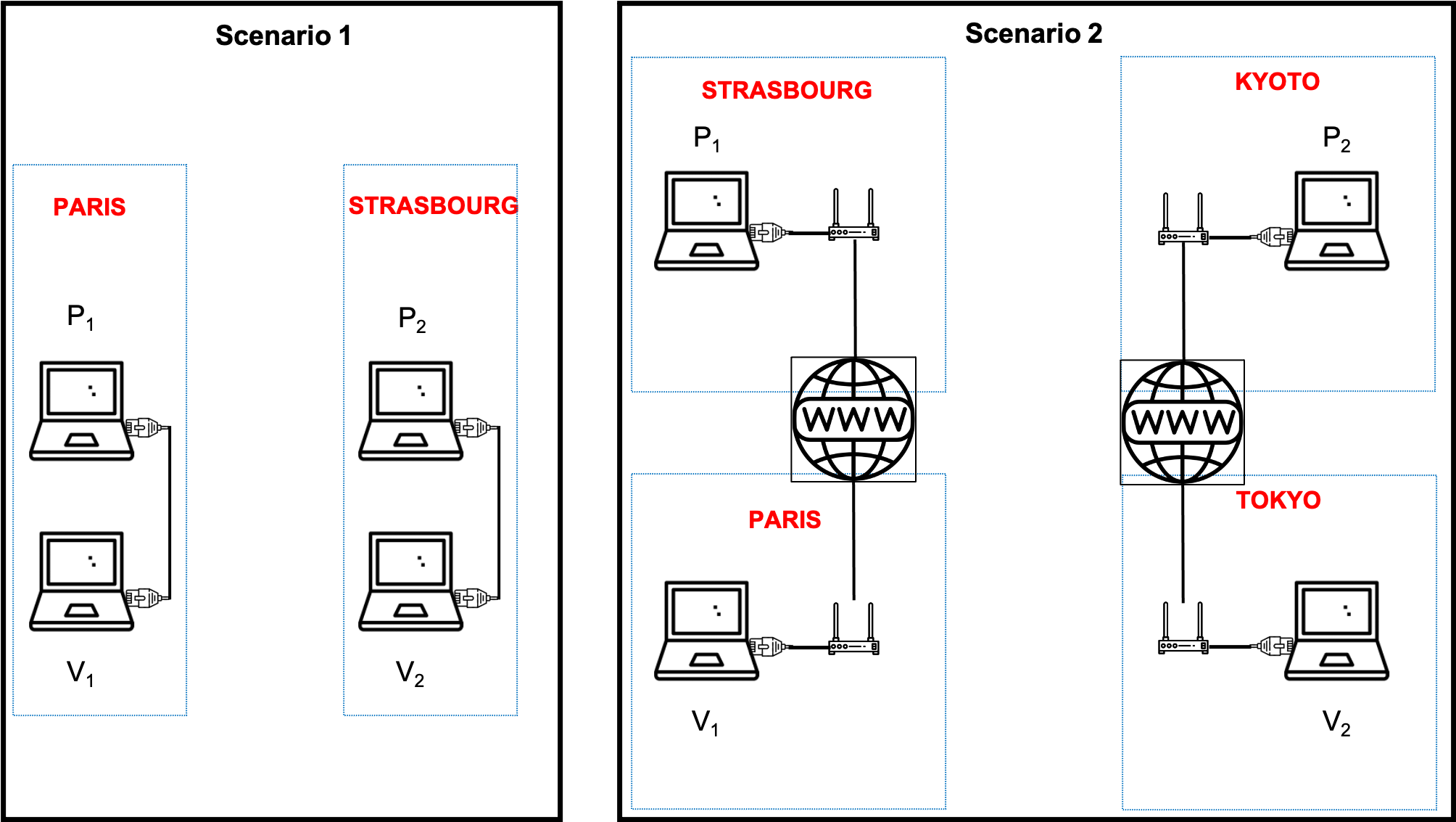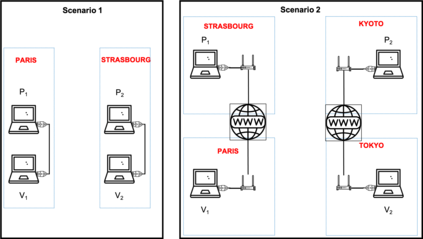Relativistic cryptography is a proposal for achieving unconditional security that exploits the fact that no information carrier can travel faster than the speed of light. It is based on space-time constraints but doesn't require quantum hardware. Nevertheless, it was unclear whether this proposal is realistic or not. Recently, Alikhani et al. [ABC+21] performed an implementation of a relativistic zero-knowledge for NP. Their implemented scheme shows the feasibility of relativistic cryptography but it is only secure against classical adversaries. In this work, we present a new relativistic protocol for NP which is secure against quantum adversaries and which is efficient enough so that it can be implemented on everyday laptops and internet connections. We use Stern's zero-knowledge scheme for the Syndrome Decoding problem, which was used before in post-quantum cryptography. The main technical contribution is a generalization of the consecutive measurement framework of [CL17] to prove the security of our scheme against quantum adversaries, and we perform an implementation that demonstrates the feasibility and efficiency of our proposed scheme.
翻译:相对的加密法是一种无条件安全的建议,它利用信息载体不能比光速更快地飞行这一事实,它基于空间时间限制,但不需要量子硬件。然而,它并不明确这一提议是否现实。最近,Alikhani等人[ABC+21]为NP实施了相对零知识,其实施方案显示了相对加密法的可行性,但只有对古老对手是安全的。在这项工作中,我们为NP提出了一个新的相对性协议,这种协议对量子对手是安全的,而且效率足够高,能够在日常膝上型电脑和互联网连接上实施。我们利用Stern的零知识计划解决综合症消化问题,这个计划以前曾用于分子后加密法中。主要的技术贡献是将[CLC17]连续的测量框架普遍化,以证明我们计划对量子对手的安全性。我们执行了一项能够证明我们拟议计划的可行性和效率的执行。





